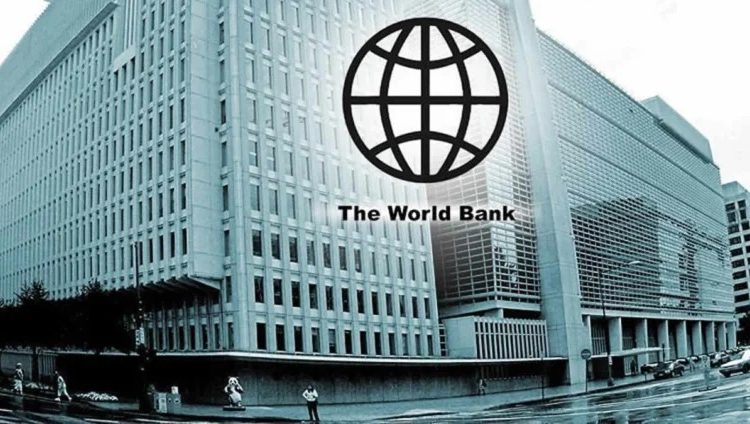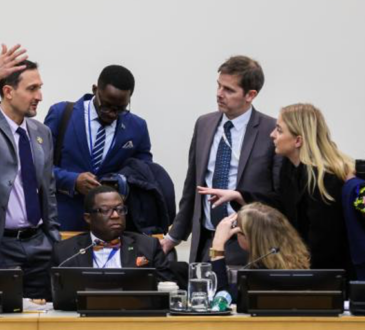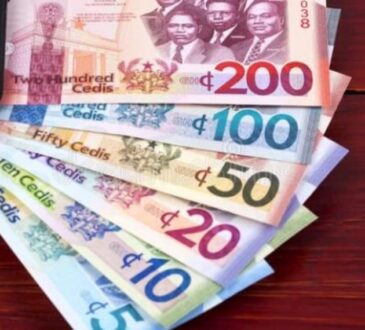
The World Bank on May 31 approved a $250 million International Development Association (IDA) credit to support the Ghana Financial Stability Project over the next five years.
This initiative aims to bolster Ghana’s Financial Sector Strengthening Strategy (FSSS) by stabilizing financial institutions affected by the Domestic Debt Exchange Program (DDEP).
The financial sector is crucial for Ghana’s economy, providing essential services to households, businesses, and the government, thereby fostering economic growth. To mitigate the adverse effects of the DDEP on financial institutions, the Ghanaian government established the Ghana Financial Sector Stability Fund (GFSF). This fund offers solvency support to banks, pension funds, insurance companies, fund managers, and collective investment schemes.
“This project will contribute to Ghana’s financial stability by providing solvency support to banks and SDIs impacted by the DDEP through the GFSF,” stated Robert R. Taliercio, World Bank Country Director for Ghana, Liberia, and Sierra Leone. “By supporting banks and SDIs directly, the project will enhance the financial sector’s ability to provide core services such as savings and payments, ensuring these institutions remain adequately capitalized.”
The Ghana Financial Stability Project will initially benefit undercapitalized but viable banks and SDIs. It will also be accessible to other financial institutions that may encounter losses in the future, offering a safeguard against unforeseen financial shocks.
Carlos Leonardo Vicente, Senior Financial Specialist and Team Lead, emphasized the broader aims of the World Bank’s support: “The World Bank Group’s support aims to address short-term shocks and improve long-term sustainable development and resilience. The project promotes financial stability, which is vital for protecting people and preserving jobs.”
This project complements other World Bank initiatives, such as the Development Programme Financing series and the IMF-Extended Credit Facility, which aim to enhance the macroeconomic environment, allowing financial institutions to operate profitably and build internal capital. It also aligns with the Ghana Development Financing Project, which supported the establishment of the Development Bank of Ghana to provide long-term financing to small and medium enterprises and small corporations.
The IDA, established in 1960, is a major source of aid for the world’s poorest countries, offering grants and low to zero-interest credits to boost economic growth, reduce poverty, and improve living conditions. IDA’s resources have positively impacted 1.3 billion people in 74 of the world’s poorest countries, 39 of which are in Africa. Since its inception, IDA has provided $458 billion to 114 countries, with annual commitments averaging about $29 billion over the last three years, 70% of which went to Africa.







